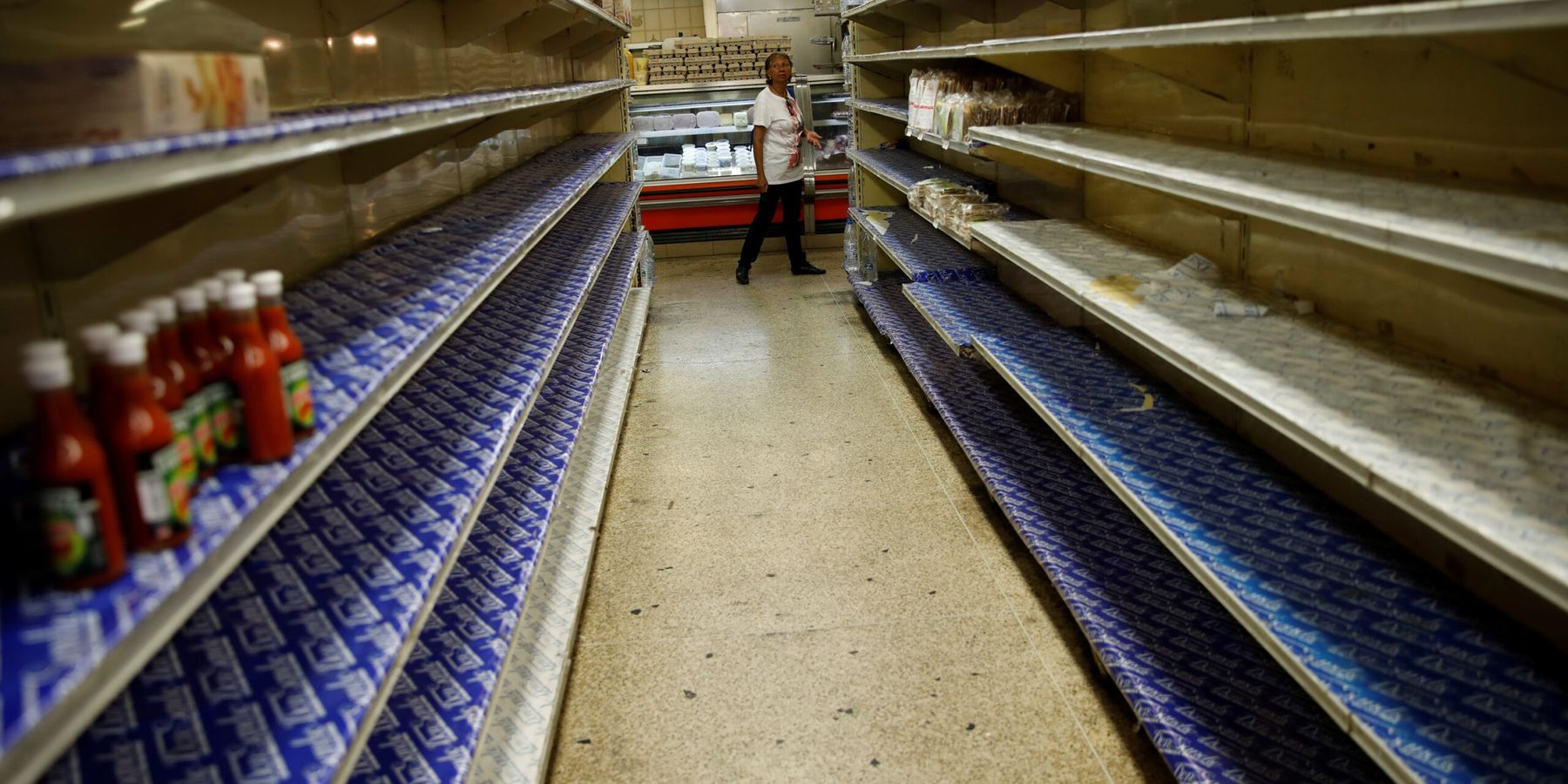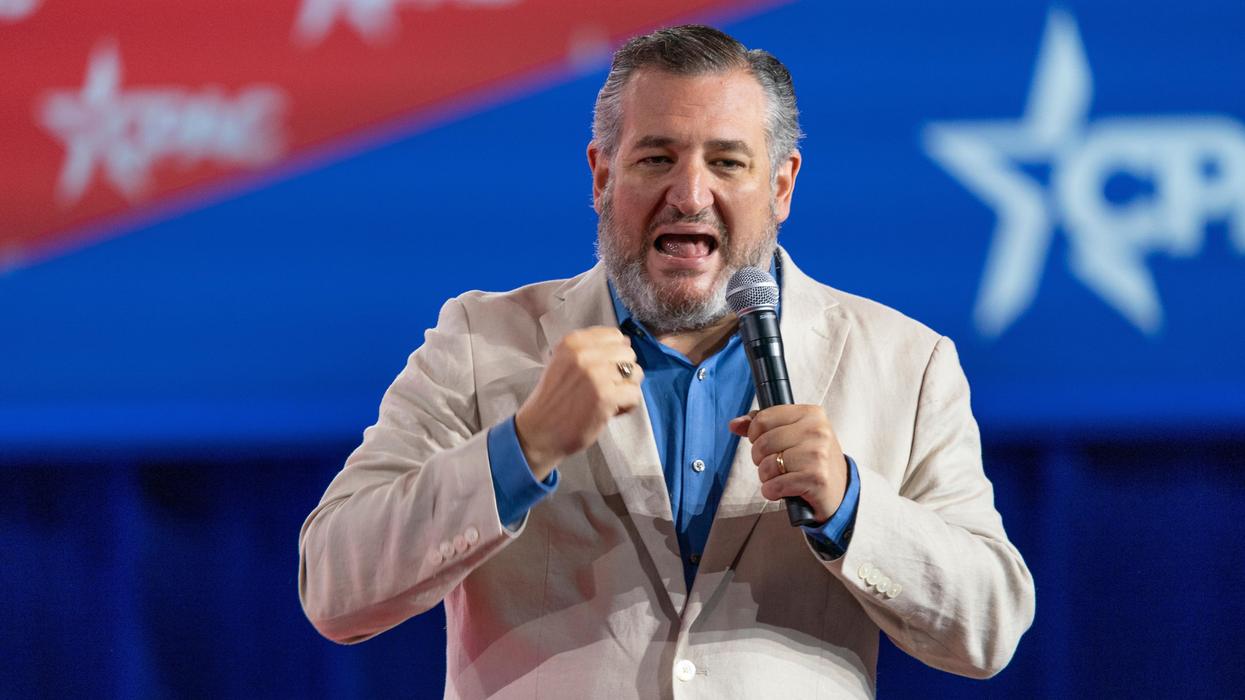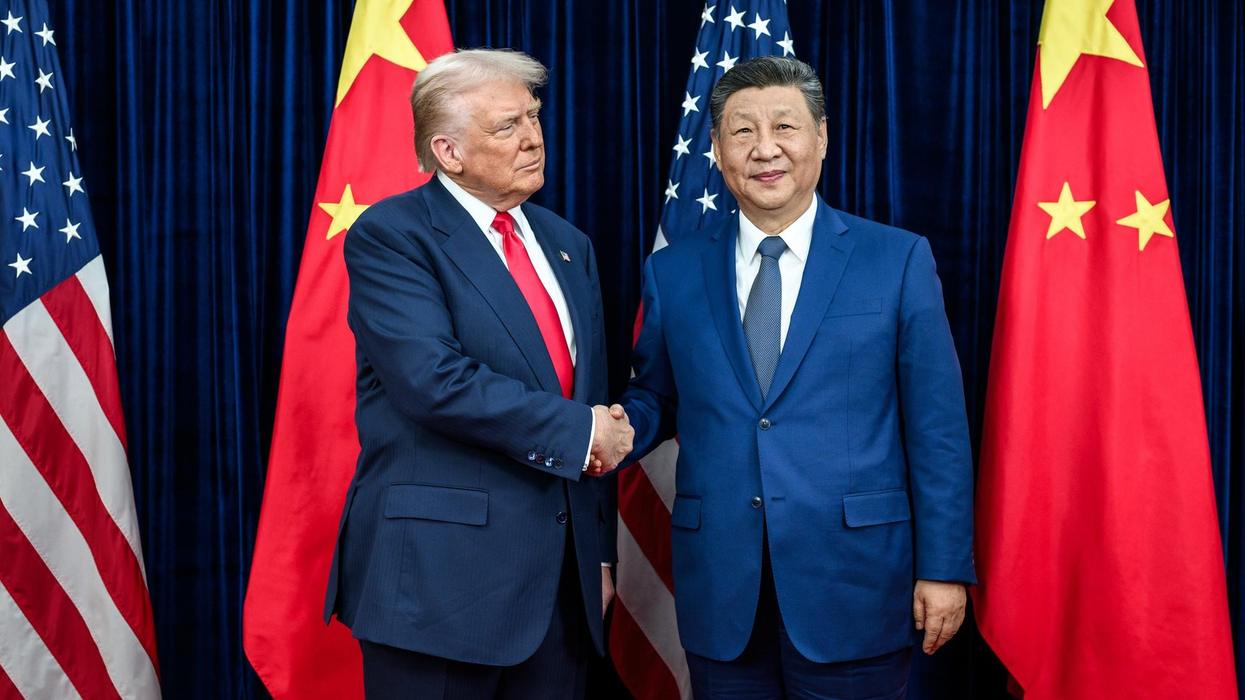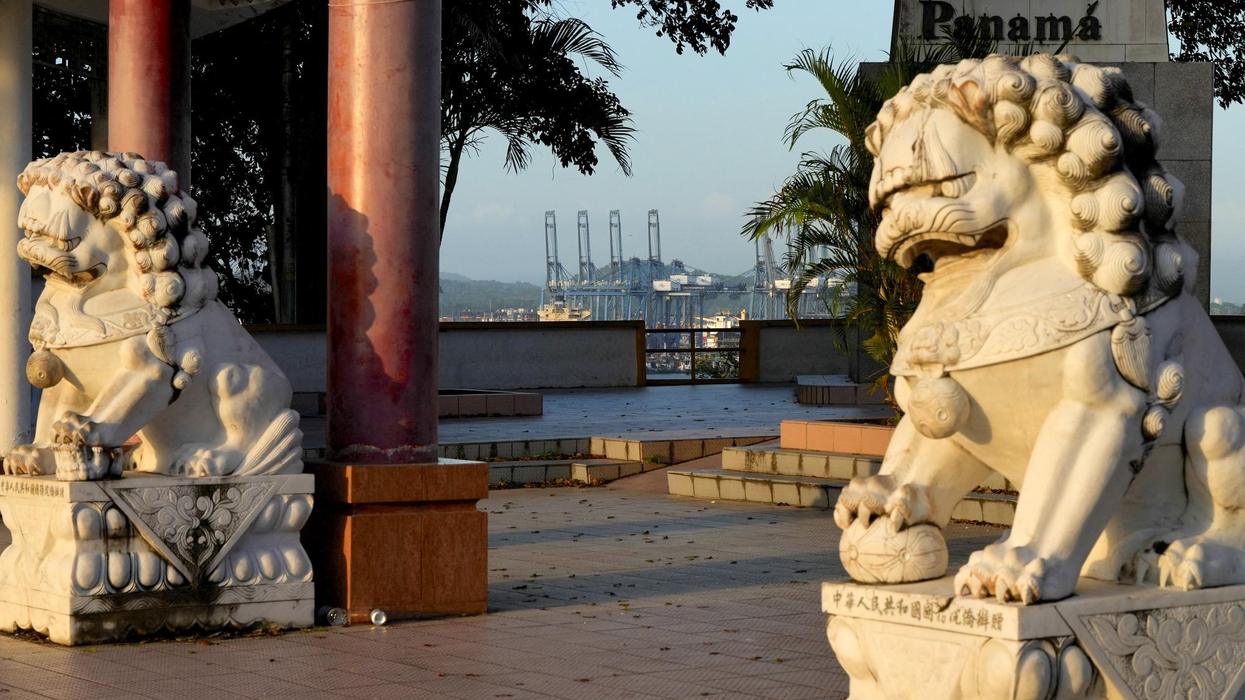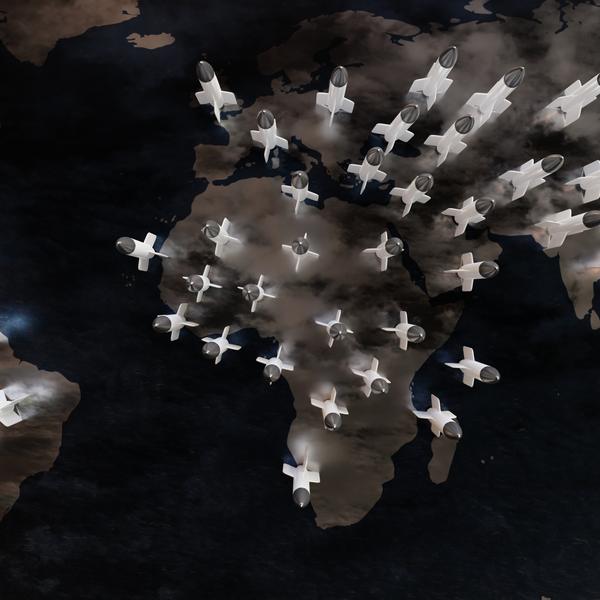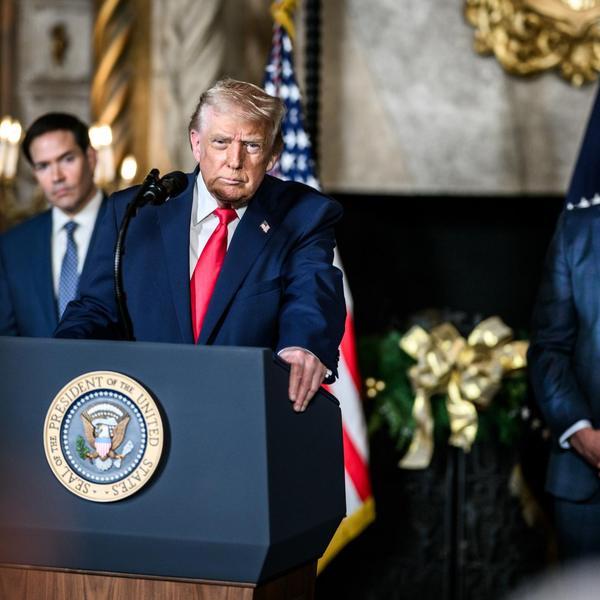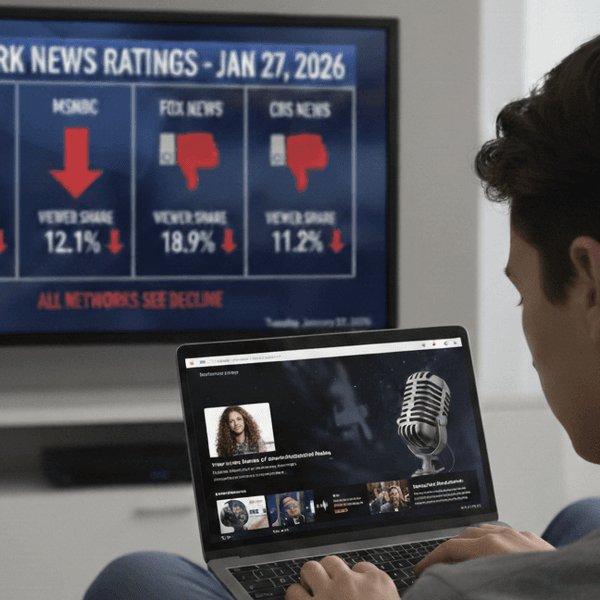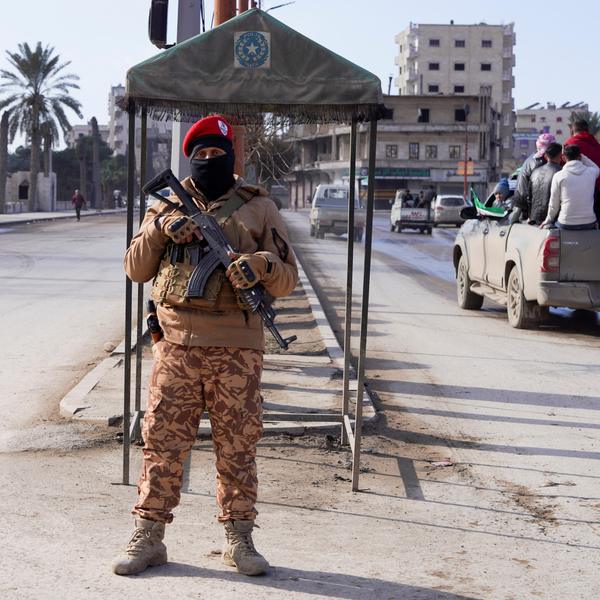The Biden administration has reimposed economic sanctions on Venezuela’s oil industry in response to President Nicolás Maduro's attempts to hold onto power by blocking candidates who want to run against him in the July elections.
Maduro’s government is clearly violating the conditions of the 2023 Barbados Agreement that it made with the Venezuelan opposition alliance Plataforma Unitaria Democrática in October and that stipulates that the government create conditions for free and fair elections. The U.S. conditioned its easing of oil sanctions on the Maduro government’s compliance with this agreement.
Experts say reimposing sanctions, however, is the wrong move. U.S. sanctions have already helped to cripple the ailing Venezuelan economy and exacerbated the country’s humanitarian crisis. General License 44, which lifted the sanctions, has not been in place long enough to alleviate the strain on the economy or deter Maduro’s regime, Michael Galant of the Center for Economic and Policy Research told RS.
Analysts argue that the Biden administration should instead undertake a multilateral effort to facilitate negotiations among Venezuelan political leaders so that Venezuelans can take further steps towards democratization as they head into a pivotal election year. Re-imposing sanctions will just be a step backward.
The sword hanging over Venezuela’s head
The U.S. has imposed targeted sanctions on Venezuela since 2005. But the Trump administration expanded them beginning in 2017 as part of a “maximum pressure” campaign against the Maduro government for alleged corruption and human rights abuses.
Trump’s sanctions prohibited oil sales between the U.S. and Venezuelan oil companies. Given Venezuela’s dependence on producing and exporting oil, the sanctions drove Venezuela's economy toward collapse, Galant said.
“There were already significant economic challenges, but there are very clear inflection points in Venezuela's oil output at the moment that additional sanctions are imposed,” he said.
The impact on Venezuelan society and economy has been disastrous. Shortages of basic goods and a climbing cost of living have plunged much of the population into poverty and drove more than seven million citizens to emigrate, most of them to neighboring countries and the United States.
The Biden administration eased these sanctions after the so-called Barbados Agreement between the government and the opposition coalition was signed. But while reimposing sanctions could have drastic consequences on Venezuela’s economy and people, Galant adds that the waiver’s impact should not be overstated, as the relief it has provided has always been limited. Years of sanctions have deterred foreign investment in Venezuela and hampered the country’s capacity to produce oil.
“There's always been this sword hanging over [Venezuela’s] head, the fact that sanctions could be reimposed at any time,” he said.
Certain kinds of sanctions can be effective in holding specific individuals, including government officials, accountable for corrupt practices and human rights abuses, said Carolina Jiménez Sandoval, president of the Washington Office on Latin America (WOLA). But these differ from sanctions on the entire oil sector, sanctions that affect Venezuelan society as a whole, but have failed to deter Maduro’s regime from committing human rights abuses and engaging in corruption.
Reimposing all sanctions means returning to a status quo that doesn’t work, Jiménez Sandoval said. “That means you need to craft something different.”
An electoral year in Venezuela provides a window of opportunity for the U.S. to proceed with a new strategy, she said, adding that it should be one that does not return to economic coercion in hopes that Maduro will change and that instead focuses on facilitating opportunities for Venezuelans to exercise their vote freely and fairly in July.
A window of opportunity
A primary election last October suggests Venezuelans are ready for major change, with an overwhelming majority of the more than two million participants voting for the opposition leader María Carina Machado. But a new opposition candidate will need to take Machado’s place after Venezuela's highest court upheld a decision to bar her from running in the July general elections, alleging she committed fraud and supported U.S. sanctions.
The question now is whether the opposition can unite behind a single candidate, said Miguel Tinker Salas, a professor at Pomona College and non-resident fellow at the Quincy Institute. The opposition has been divided for years, making it difficult for the population to rally around a single challenger to Maduro.
Given Washington’s close ties to the opposition, the Biden administration may be able to play a role in facilitating negotiations among the various factions to settle on one candidate who can rally the support of all, according to Jiménez Sandoval. “Because [the U.S.] has been their ally, it also has leverage over them,” she said.
Selecting candidates thus far has largely been confined to the political elite in Venezuela, says David Smilde, a senior fellow at WOLA who teaches at Tulane University. He takes a similar view that the U.S. can take advantage of its influence with the opposition. But he also advocates incorporating civil society into those negotiation processes to move Venezuela in the direction of a more democratic society.
These efforts have also involved Venezuela’s neighbors. Colombian President Gustavo Petro, whose country has been most affected by the outflow of migrants from Venezuela, met with Maduro before sitting down opposition candidate Manuel Rosales in Caracas just last week, the same day that the U.S. officials sat down with members of Maduro’s administration in Mexico to discuss possible democratic reforms.
Reports indicate that Rosales has been “approved” by Maduro to run against him and that the meeting with Petro had Maduro’s blessing too. However, Tinker Salas says the culmination of diplomatic pressure from other Latin American countries carries significant weight nonetheless.
“It has become clear that the entire region has high stakes when it comes to bringing democracy back to Venezuela,” Jiménez Sandoval said, noting concerns that the U.S. and other leaders in the region have over increased migration of Venezuelans and more recently, whether Venezuela will escalate its claims to the disputed oil-rich Essequibo region in Guyana by engaging in armed conflict.
Tinker Salas adds, however, that the issue of Essequibo has long been raised by Venezuelan politicians hoping to harness nationalist sentiment to garner more political support. Maduro’s recent moves on the issue, experts say, is mostly likely politically motivated, as opposed to being a real threat of invasion.
The effects of the political crisis in Venezuela are not confined to within its borders, and how political actors in and outside of Venezuela and Venezuelan civil society will come together by July election remains to be seen. But Galant insists that Washington’s path forward should be one that focuses on facilitating diplomacy rather than proceeding with more sanctions, highlighting the importance of the humanitarian emergency above all.
“That outweighs the other questions. That needs to be what is held at the core of any discussion of broad economic sanctions, is understanding that this is harming millions of people,” he said.

